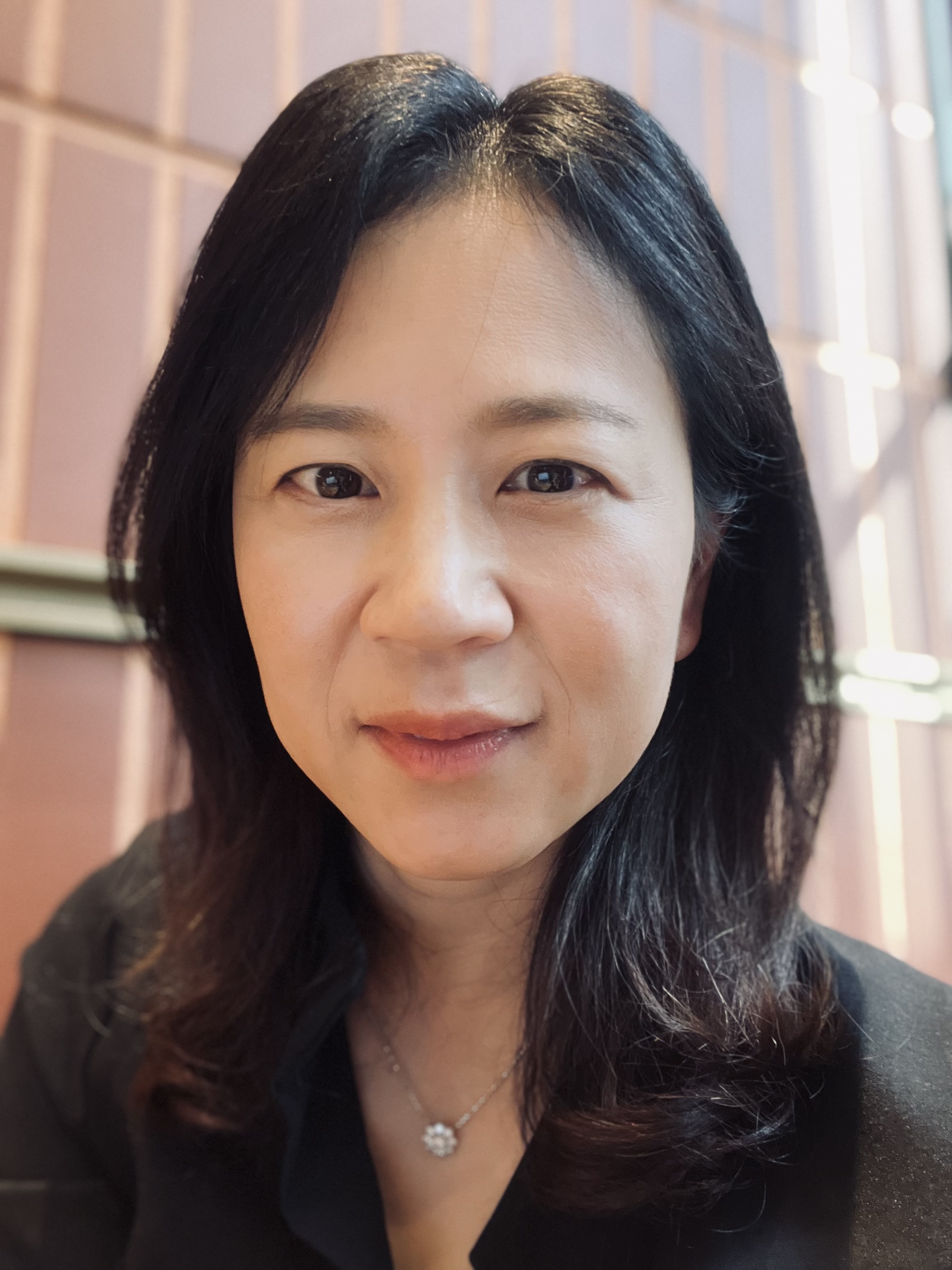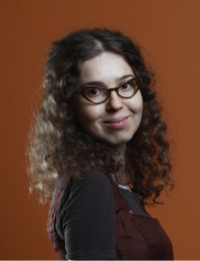Organizers

Bio
Jenn Wortman Vaughan is a Senior Principal Research Manager at Microsoft Research, New York City, where she studies responsible AI with a focus on transparency, fairness, evaluation, and human-AI interaction. Originally trained in machine learning and algorithmic economics, she now often draws on methods from human-computer interaction to investigate how people engage with AI systems. Before joining MSR in 2012, Jenn completed her Ph.D. at the University of Pennsylvania and was an Assistant Professor of Computer Science at UCLA and a Computing Innovation Fellow at Harvard. Her work has been recognized with the NSF CAREER Award, the Presidential Early Career Award for Scientists and Engineers (PECASE), and Penn’s Rubinoff dissertation award. Beyond her research, Jenn has helped shape the field through her mentorship of junior researchers, her leadership in roles including Program Co-Chair of NeurIPS and FAccT, and as co-founder of the Workshop on Women in Machine Learning (WiML), held annually since 2006.

Bio
Shakir Mohamed is a senior staff scientist at DeepMind in London. Shakir's main interests lie at the intersection of approximate Bayesian inference, deep learning and reinforcement learning, and the role that machine learning systems at this intersection have in the development of more intelligent and general-purpose learning systems. Before moving to London, Shakir held a Junior Research Fellowship from the Canadian Institute for Advanced Research (CIFAR), based in Vancouver at the University of British Columbia with Nando de Freitas. Shakir completed his PhD with Zoubin Ghahramani at the University of Cambridge, where he was a Commonwealth Scholar to the United Kingdom. Shakir is from South Africa and completed his previous degrees in Electrical and Information Engineering at the University of the Witwatersrand, Johannesburg.

Bio
I am a professor at KAIST in the School of Computing with joint appointment in the Graduate School of AI. My research interests are in developing and applying machine learning models for natural language processing. In our research group, we look at various data such as news, social media, Wikipedia, and programming education.



Bio
Dr. Charles Isbell received his bachelor's in Information and Computer Science from Georgia Tech, and his MS and PhD at MIT's AI Lab. Upon graduation, he worked at AT&T Labs/Research until 2002, when he returned to Georgia Tech to join the faculty as an Assistant Professor. He has served many roles since returning and is now The John P. Imlay Jr. Dean of the College of Computing.
Charles’s research interests are varied but the unifying theme of his work has been using machine learning to build autonomous agents who engage directly with humans. His work has been featured in the popular press, congressional testimony, and in several technical collections.
In parallel, Charles has also pursued reform in computing education. He was a chief architect of Threads, Georgia Tech’s structuring principle for computing curricula. Charles was also an architect for Georgia Tech’s First-of-its’s-kind MOOC-supported MS in Computer Science. Both efforts have received international attention, and been presented in the academic and popular press.
In all his roles, he has continued to focus on issues of broadening participation in computing, and is the founding Executive Director for the Constellations Center for Equity in Computing. He is an AAAI Fellow and a Fellow …
Bio
Joelle Pineau is an Associate Professor and William Dawson Scholar at McGill University where she co-directs the Reasoning and Learning Lab. She also leads the Facebook AI Research lab in Montreal, Canada. She holds a BASc in Engineering from the University of Waterloo, and an MSc and PhD in Robotics from Carnegie Mellon University. Dr. Pineau's research focuses on developing new models and algorithms for planning and learning in complex partially-observable domains. She also works on applying these algorithms to complex problems in robotics, health care, games and conversational agents. She serves on the editorial board of the Journal of Artificial Intelligence Research and the Journal of Machine Learning Research and is currently President of the International Machine Learning Society. She is a recipient of NSERC's E.W.R. Steacie Memorial Fellowship (2018), a Fellow of the Association for the Advancement of Artificial Intelligence (AAAI), a Senior Fellow of the Canadian Institute for Advanced Research (CIFAR) and in 2016 was named a member of the College of New Scholars, Artists and Scientists by the Royal Society of Canada.
